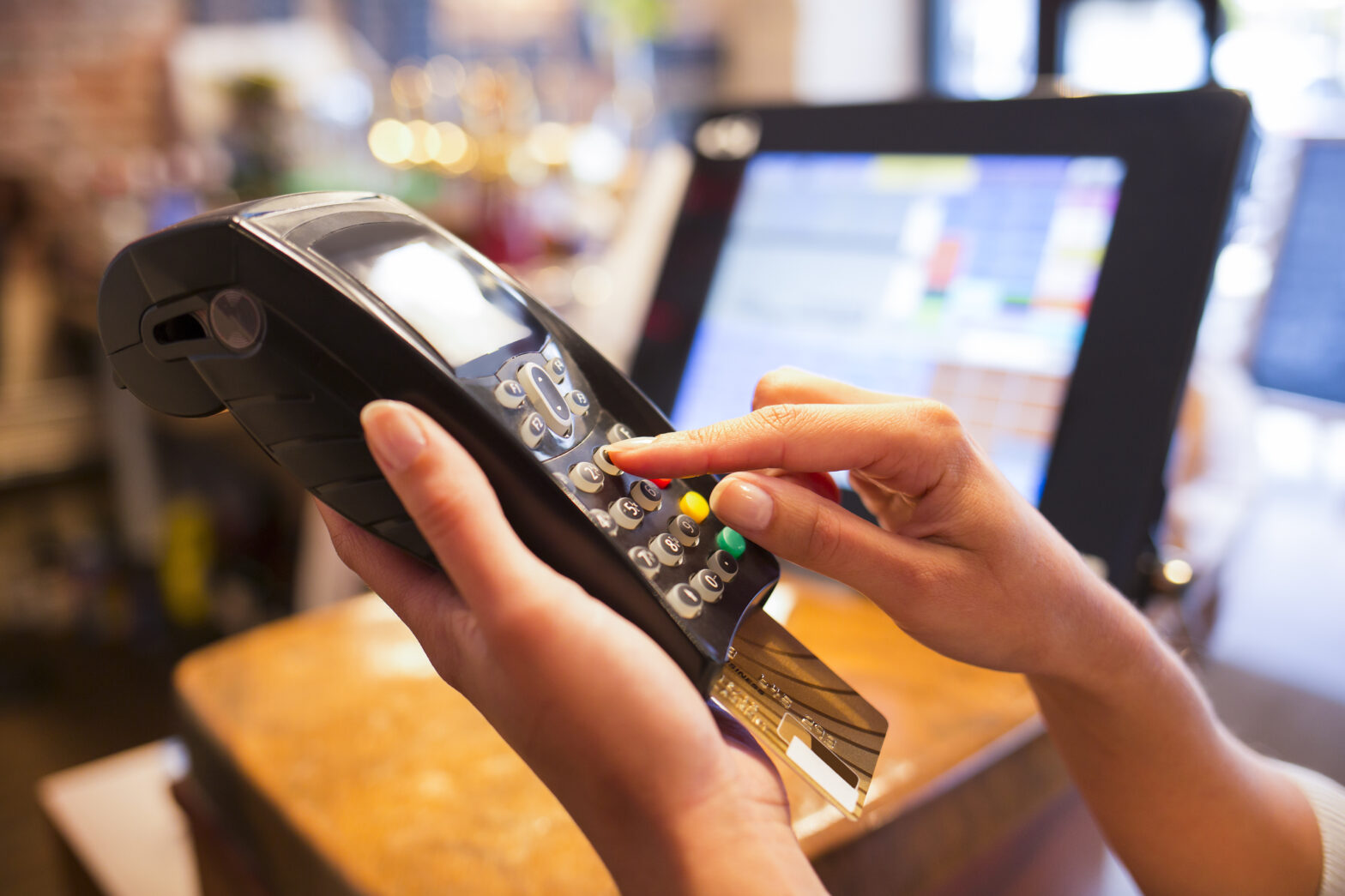New research from business technology provider First Data reveals that UK businesses risk losing one in every two customers by not accepting non-cash payments. In a survey of 1,000 UK consumers conducted by OnePoll, card payments emerge as the preferred method of payment for 59 per cent of respondents. Rather than seek an ATM, 43 per cent says they would either not make the purchase, or go elsewhere if they find themselves without cash, and no other payment option offered.
Although larger businesses usually offer a range of payment methods, it’s still the case that many independent stores are failing to offer this. Almost two thirds of consumers said the SMEs they visit do not accept cards. The food and drink sector is identified as the worst offender – including restaurants, bars, cafes and pubs.
Speed and security are top considerations for consumer payment preferences. The vast majority (98 per cent) of people who prefer contactless cards do so because it’s faster, followed by those that cite the convenience and security of not having to remember and type a PIN. Nearly half (48 per cent) say they look for an efficient shopping experience ‘with little interaction with store advisors.’
See also: How to optimise cash flow with cashless payments – is there a way to ensure payments hit your bank account in good time?
Top frustrations associated with cash include the need to traipse to an ATM (50 per cent), the fact that it can be easily stolen or lost (35 per cent), that it’s harder to keep track of spending (27 per cent) – and that change makes for a heavy wallet!
But not all Brits are ready to go cashless just yet. Sixty-nine per cent of over 55s still carry cash ‘in case of emergency’. Just 20 per cent of this age group would be ready to abandon coins and notes in a completely cashless society, compared to 50% of 18-24 year olds.
With the average card transaction value being at its lowest for 16 years and contactless payments now accounting for over 30 per cent of card payments, it’s clear both spending and payment trends are changing.
Raj Sond, general manager at First Data comments on the importance for businesses to keep up with these trends. ‘Time pushed, busy consumers are looking for a fast, hassle-free shopping experience. Convenience is paramount, and a smooth payment mechanism is vital in being able to offer a tailored, seamless service.
‘With multiple shopping options on the high street and online it’s all too easy for potential customers to take their business elsewhere. Successful companies would be wise not to make assumptions about what their customers want.
‘Historically, smaller retailers have been put off by the perceived cost of card acceptance, however when considering the banking time, cost and handling risk when it comes to dealing with cash, the cost of card acceptance is not the prohibiting factor it once was.
‘Payment is a crucial part of the customer journey and experience and cannot be ignored in the quest for growth and loyalty.’





